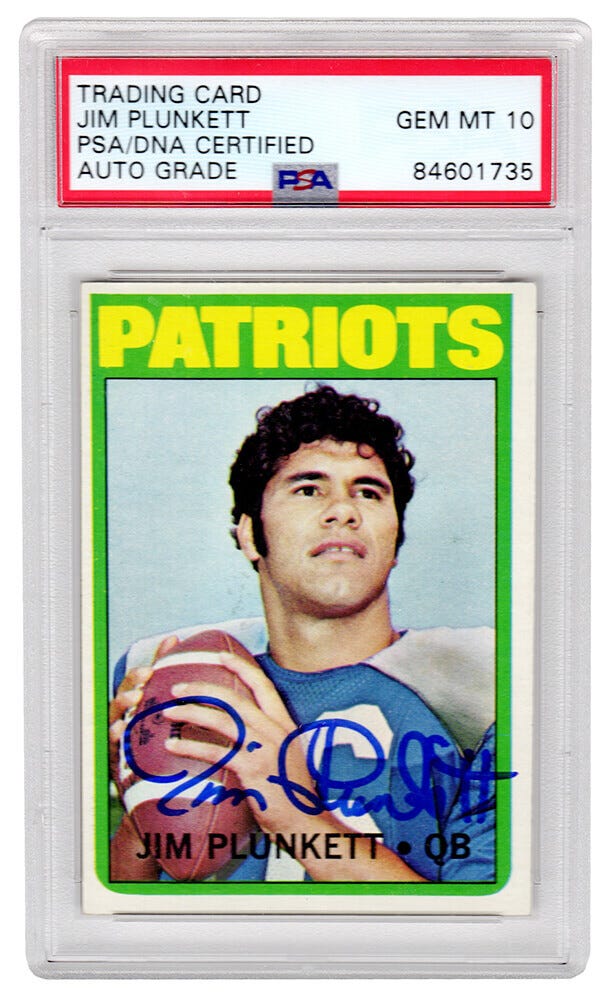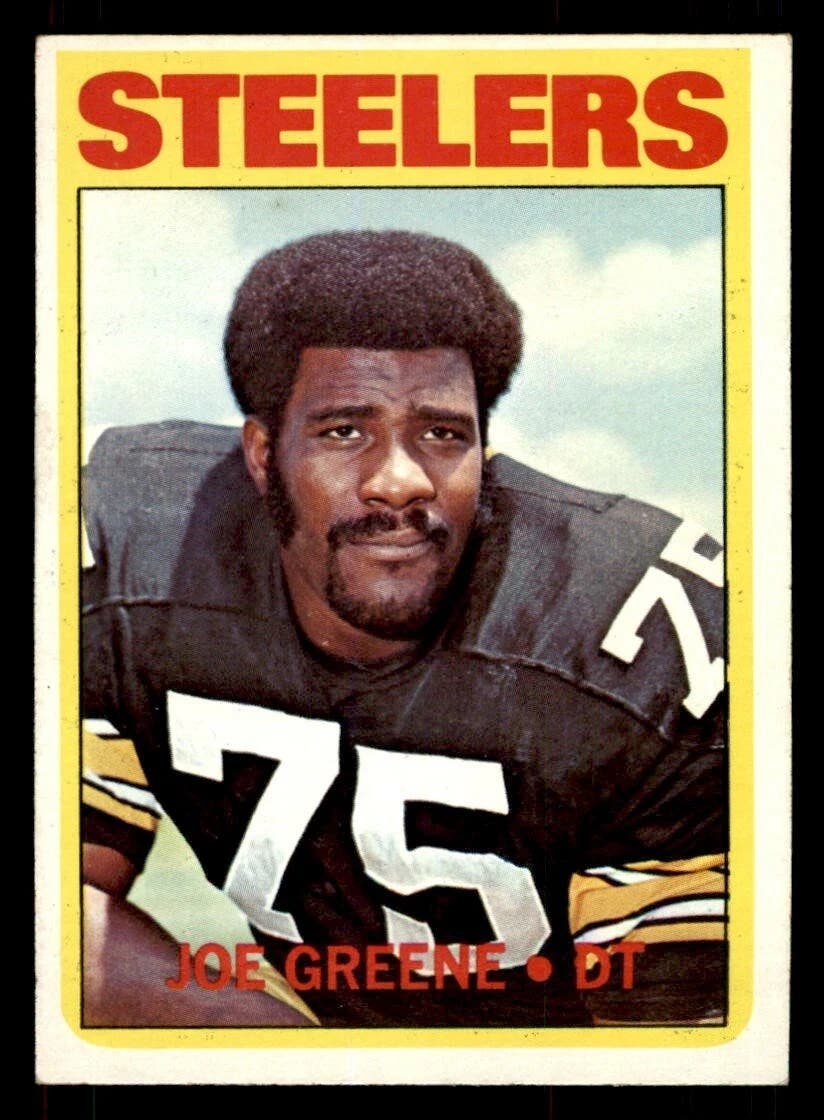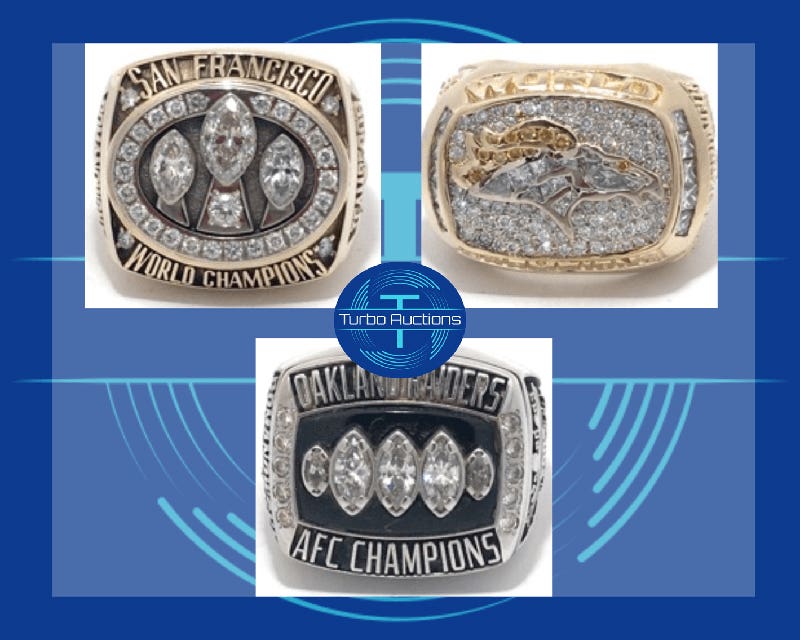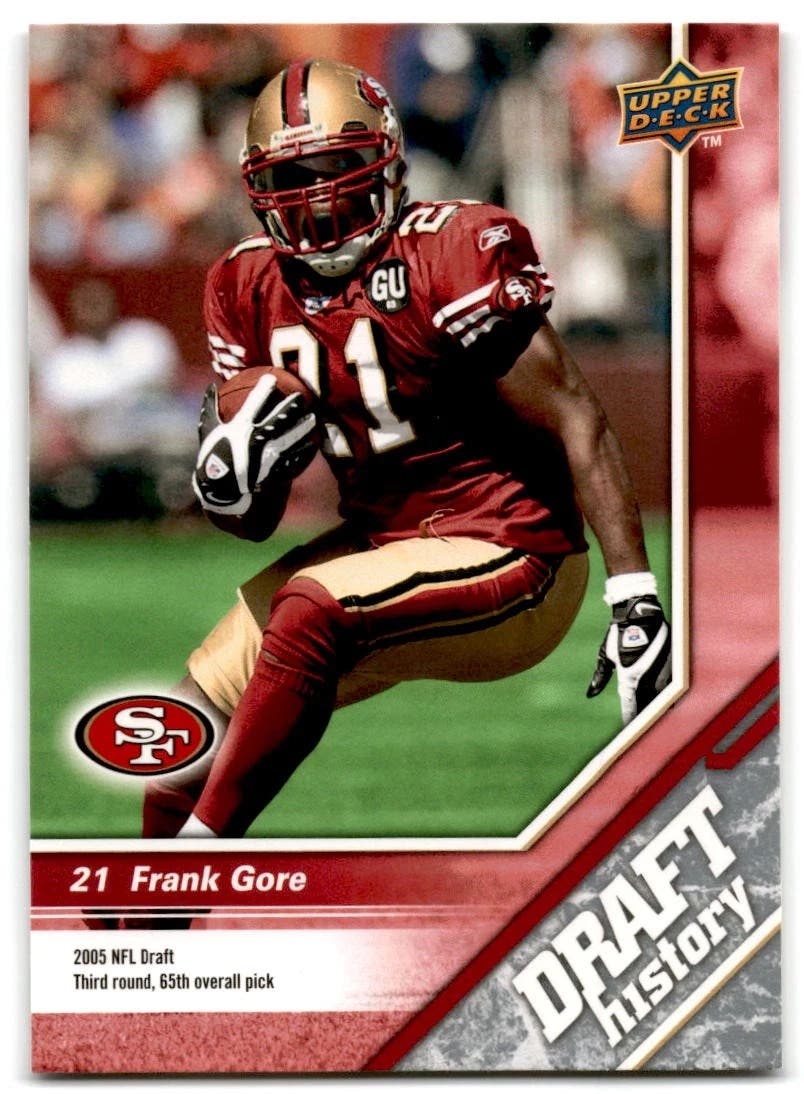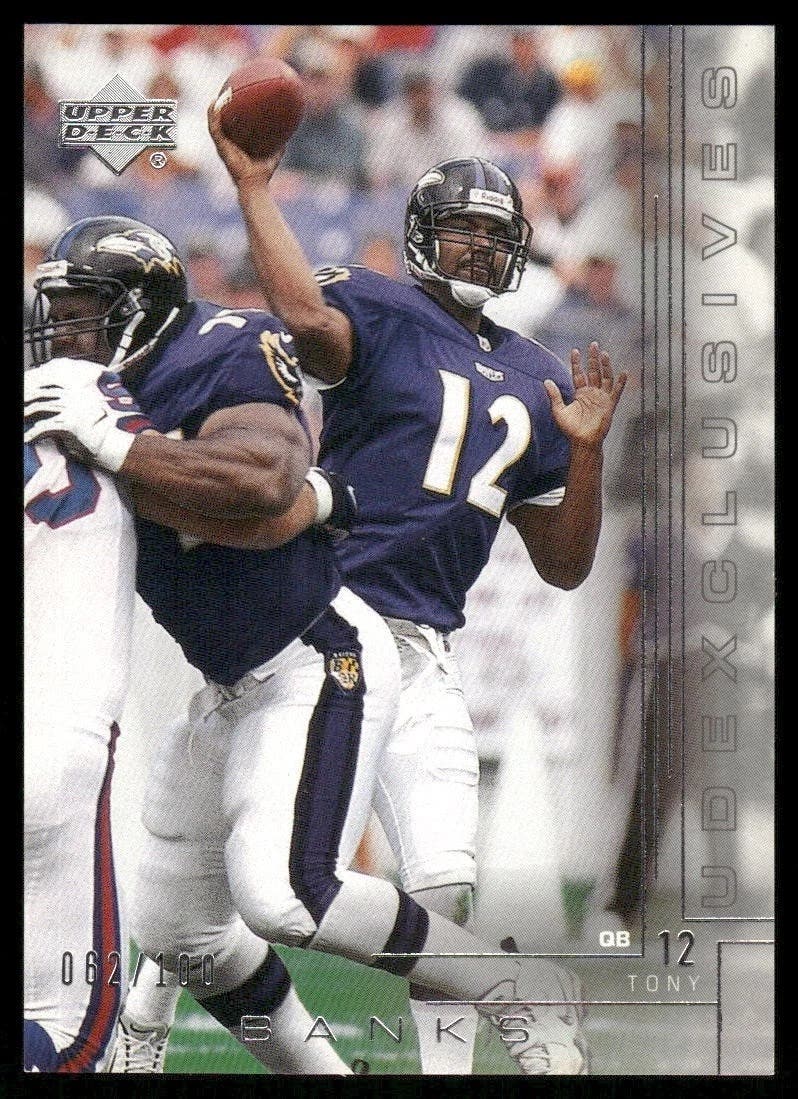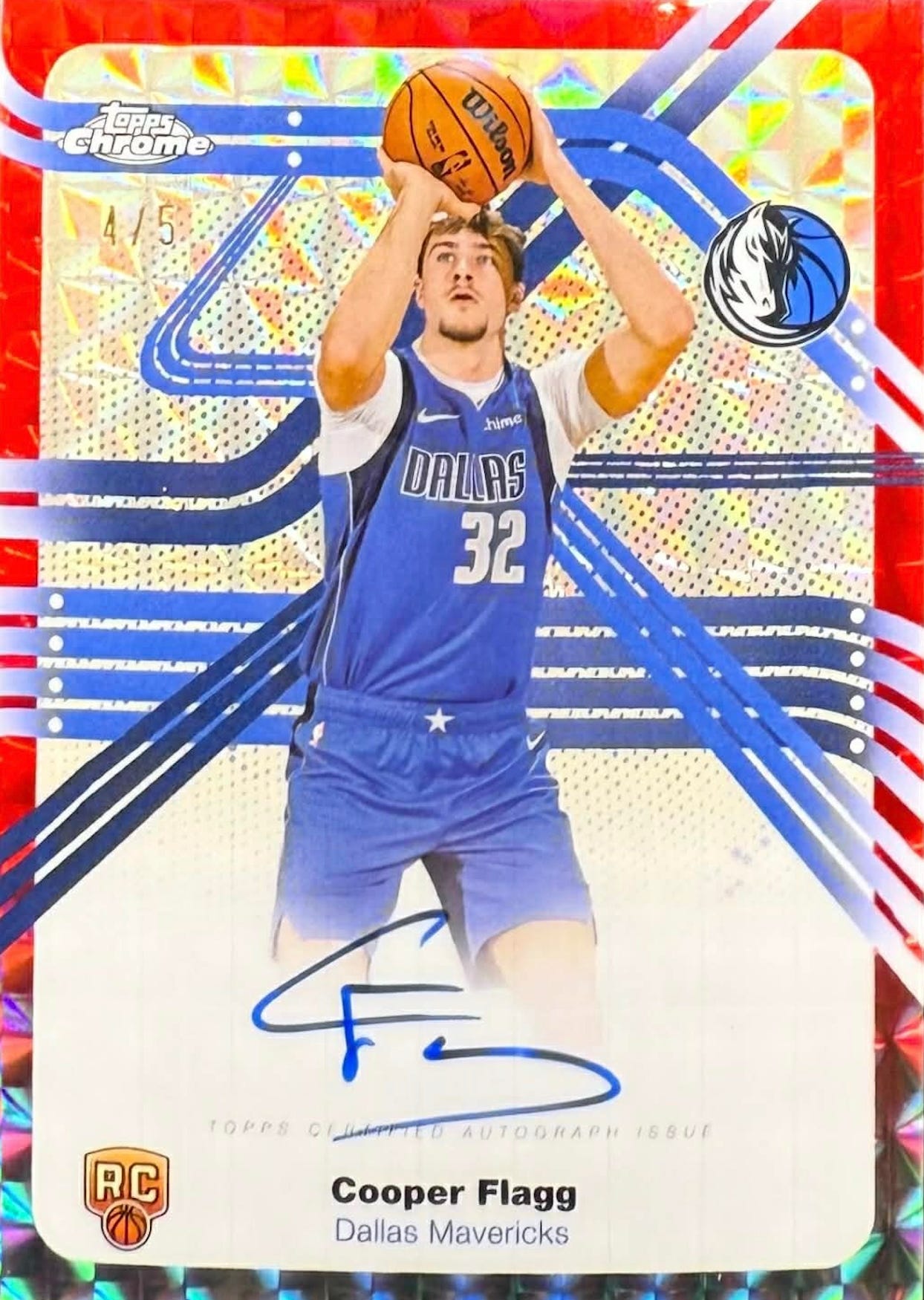Collecting 101
Mystery Cards: Repacks, mystery boxes offer cheap alternatives to sealed wax, but are they risky?
Dealers are doing it. Card shops are doing it. Even breakers are doing it.
The thing they’re all doing is selling card repacks and mystery boxes. As the cost of sealed wax continues to climb, collectors looking for a cheaper alternative to ripping new packs are turning to these homemade products.
As a result, it has fueled the demand for them over the last few years and in the post-pandemic card boom.
“I like buying repacks because wax has gotten so expensive and I still like to rip packs every so often,” said Joe Gardner, 52, who collects modern baseball and football cards. “Everyone has that urge sometimes to open packs and this is a way to do that.”
These repacks—short for “repackaged”—continue to sell on eBay and Amazon and play an increasingly important role in how collectors purchase cards. As a result of this popularity, many in the hobby are starting to ask questions regarding the ethics and transparency of these alternatives.
“I know people who just buy singles now because it’s more cost effective. I do think repacks are now what getting into a break was a few years ago,” Gardner said. “Everyone does something different. The important thing is to get cards. How you do it is up to you.”
Most repacks work in a similar manner. They generally feature valuable cards resold in blind grab bags. Many also feature commons and base cards as buyers hope for hits. Sometimes, the packs feature graded cards, but generally, they are supposed to be random.
Repacks can range from as little as a few dollars to thousands. They can also feature a theme, like a certain player, a particular year or sport, or even just rookies. Ultimately, it’s the surprise element, much like what you get with sealed boxes, that attracts buyers.
While repacks have gained widespread appeal, they are not without criticism. One major concern is the lack of transparency regarding what’s in these repacks. Some products have included counterfeit or trimmed cards. Often difficult to determine the value of such products, many have argued that those who sell repacks must provide a checklist of what can be found.
Javad Luckey, a sports card enthusiast with his own YouTube channel called “Sports Cards Once Again,” tackled the topic for hobbyists to ponder. He said scams tend to come from repackers who don’t provide checklists.
“Repacks are one of those spaces where there is real scam-y behavior and space for being perfectly OK. It depends on the approach,” he said. “So, I think it requires people who are going into repacks to know what they’re getting involved with.”
But Luckey said there are some people selling repacks that are a benefit to the growing card-collecting community.
“There are some repacks that can be really valuable—both from a value-making proposition as well as a community building proposition,” he said.
Daniel Hager and his son Eli have been selling repacks since before the pandemic. The father-son team behind River City Cards and More sells repacks—ranging in price from $70 to $289—to baseball collectors across the country through monthly subscriptions.
While they have sold sealed hobby boxes through their online store, Daniel Hager said the bulk of their business is “boxes we make ourselves.”
Another major criticism of many repackaged products is the potential for them to contain lower-value cards or duplicates. Nonetheless, Hager said mystery boxes have become more popular post-pandemic. They primarily advertise on Facebook and TikTok, in addition to selling on their website and eBay store.
What about speculation that repacks can be a scam? Initially, Hager said they sold boxes with loose cards “because we had a basement full of stuff.”
These days, Hager said they have boxes that just feature a variety of sealed packs. He said selling successful repacks is a reputation business.
“Go to YouTube and on the web and read the reviews,” he said. “We’re not searching packs before putting them in boxes. I know not all repacks are legit, but we put out a pretty good product and people come back each month for more.”
Gardner agreed, saying, “Lots of YouTubers open repacks and many are sold on eBay. The only way to know if they are legit is to read the comments and feedback. That’s what I usually do, and it hasn’t been too bad.”
For breakers who like to sell repacks (and more of them have), critics have said it’s best they open them live on their streaming channels. Collectors can get into the action of a repackaged product like one would by buying into a normal group break.
From card shows to message boards, collectors are increasingly asking, “Is a trusted repack even possible these days?” The answer depends on who you ask and what their experience has been.
“It’s always a gamble with repacks, but so are sealed products put out by Topps and the other companies,” Gardner said. “You have to be careful and do your homework. It’s really that easy.”
You may also like:
Clemente Lisi



